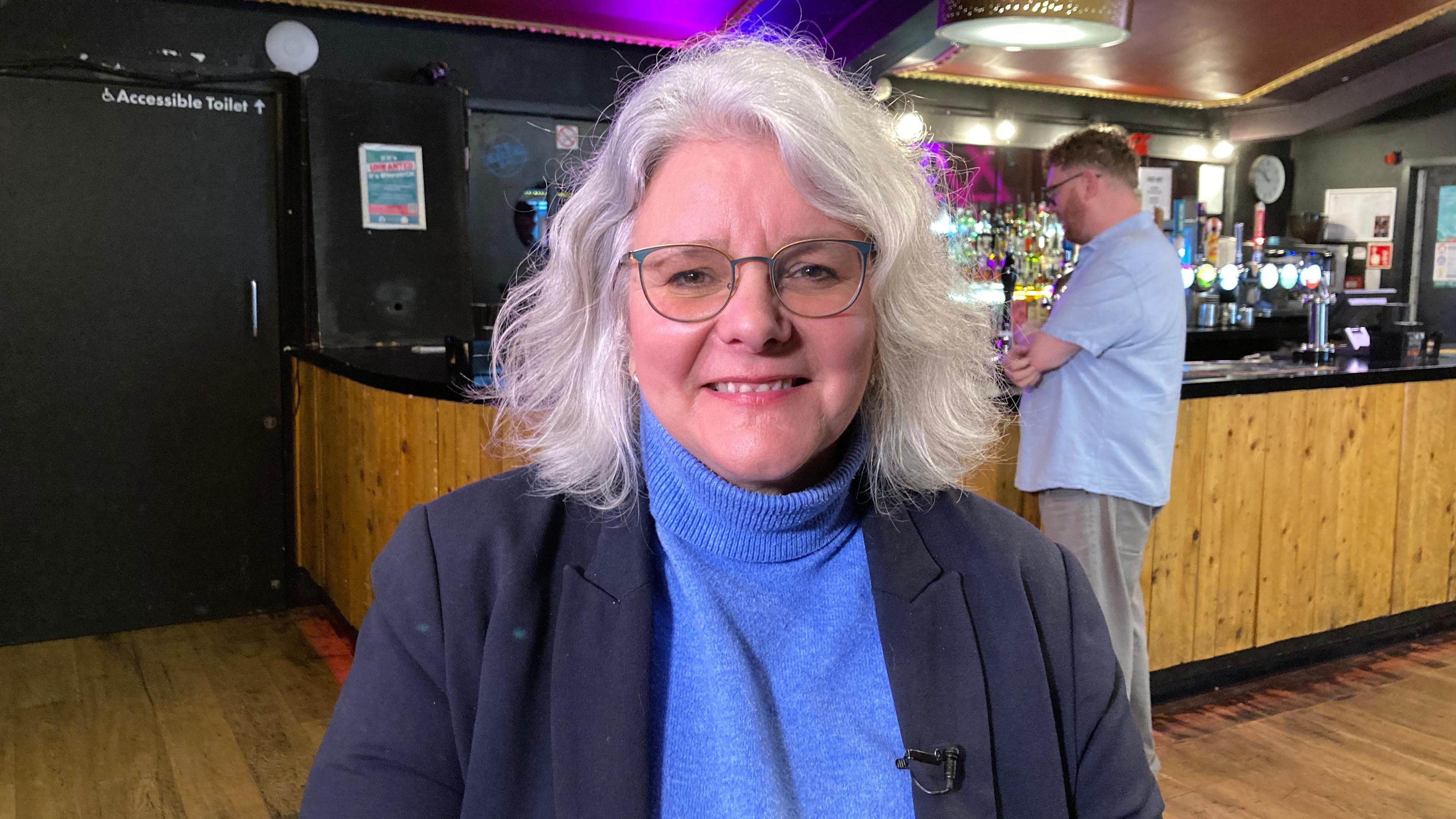'I was spiked but don't think I'll get justice'
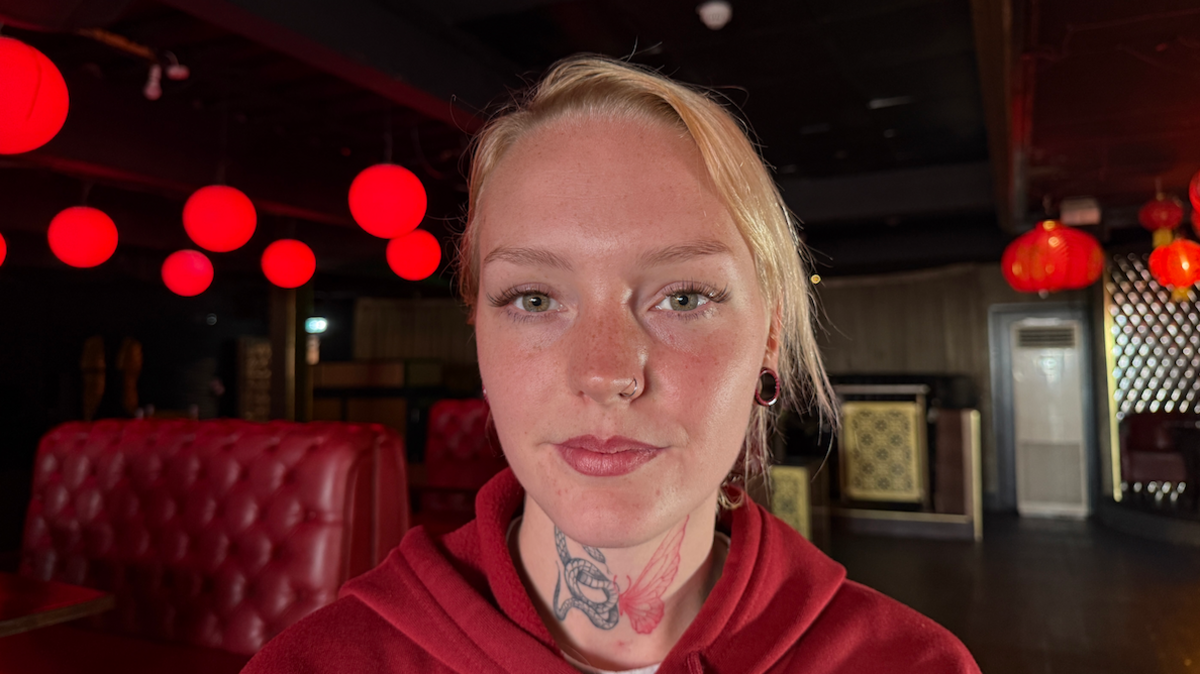
Amber Clarke said she felt "violated" after she was allegedly spiked on a night out in Skegness
- Published
A woman from Skegness who said she was spiked during a night out says police investigating the incident have "failed her".
Amber Clarke, 24, was on a night out with friends on 30 August and collapsed at The Hive nightclub, on Grand Parade. She was given CPR and taken to hospital.
Ms Clarke said she was not told tests to identify spiking drugs had been carried out and was frustrated due to a lack of contact with police.
Lincolnshire Police initially said it "acknowledged the concerns expressed" by Ms Clarke and in a later statement added the results of a hospital blood test would be "used as part of our police investigation".
Ms Clarke had been enjoying a night out with friends when the incident occurred and has no recollection of what happened after she blacked out for around two hours.
"I had collapsed in the bathroom where my friends had found me after coming out of the toilet," Ms Clarke said.
She was taken home but collapsed again. Paramedics told her friends to administer CPR and Ms Clarke was later taken by ambulance to Boston Pilgrim Hospital.
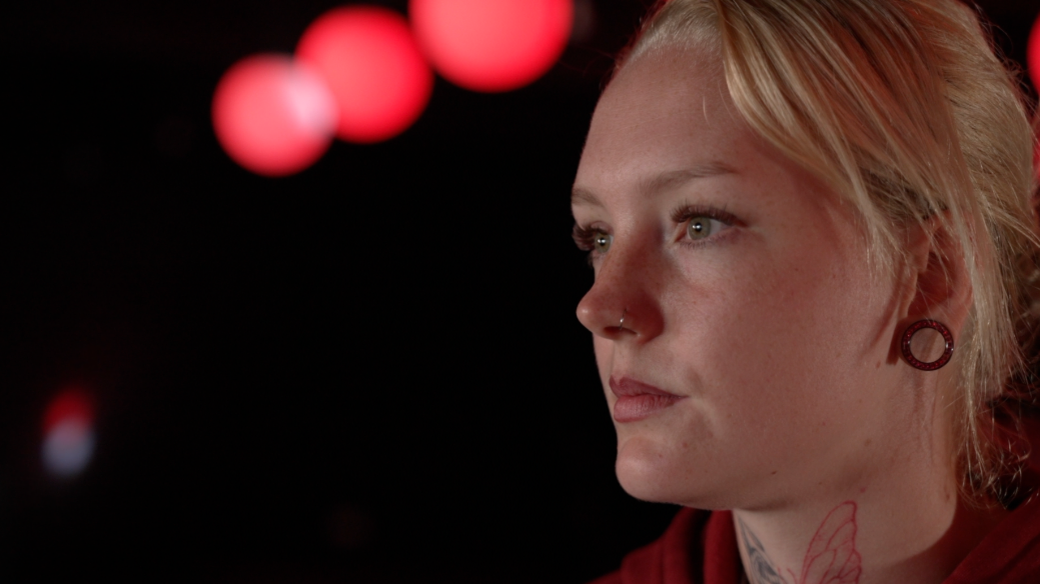
Ms Clarke said she had "so many questions" about the incident which saw her taken to hospital
Ms Clarke said the experience had been traumatic and she felt "absolutely violated".
"It's such an uncomfortable feeling of not knowing exactly what's happened and not being able to remember," she said.
"You are left with so many unanswered questions."
According to government guidelines,, external "it is important to test as soon as possible" as some drugs leave the system within 12 hours but police can test for spiking up to seven days.
Ms Clarke believed she had "lost the chance" to give proof as officers did not visit her to retrieve a sample.
"Even if they saw the person on CCTV doing it, they don't have the proof of what was in my body in order to prosecute.
"They completely failed me," she said.
Lincolnshire Police said it was "very keen to establish the facts" surrounding the alleged incident.
In a statement, the force said it had contacted Ms Clarke but the call "fell short of the four-hour window requirement".
It said officers had evaluated the threat, harm and risk level and believed it was "mitigated" as Ms Clarke was in hospital.
In a subsequent statement the force said a hospital blood test was conducted at the time and the results of this test would be used in its investigation.
The statement added "no investigative avenue has been missed".
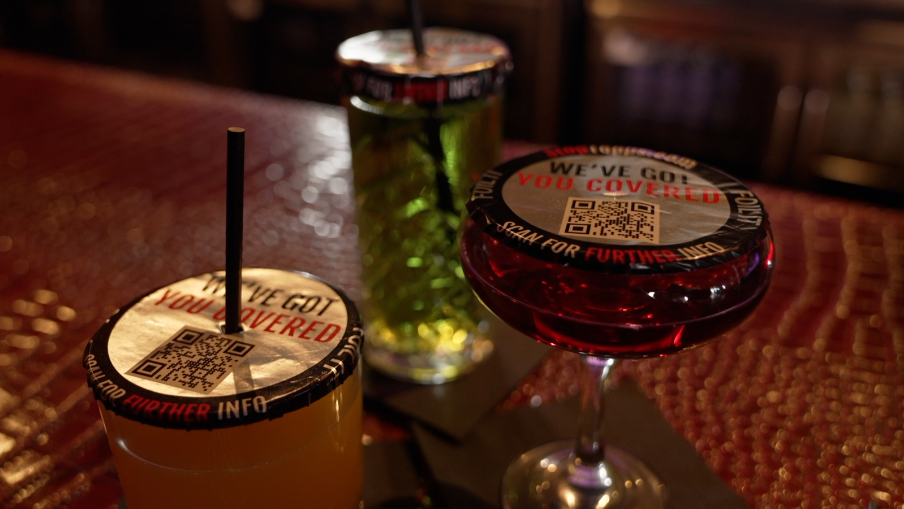
Ms Clarke is working with the venue to give drink covers to customers and raise awareness of drink spiking
Lincolnshire Police said it was "committed" to keeping communities safe including the night-time economy.
"We continue to work proactively with venues to help prevent incidents and to thoroughly investigate all reports of spiking," it added.
Since the incident, Ms Clarke contacted The Hive nightclub and is working with them to offer cup covers to prevent further incidents.
Richard Hutchinson, general manager at The Hive said he hoped the covers "raise awareness".
Ms Clarke said she hoped more businesses would be as proactive.
"It won't stop it, but it will prevent it, at least by a percentage," she said.
"That's really what matters for me."
What to do if someone is spiked?
Signs include confusion, loss of coordination, slurred speech, or unconsciousness - never leave someone alone if they show these symptoms.
Seek urgent medical help; call 999 if someone is seriously unwell or unconscious, and use the recovery position or CPR if needed.
For less urgent cases, contact NHS 111 and always report suspected spiking to police.
Listen to highlights from Lincolnshire on BBC Sounds, watch the latest episode of Look North or tell us about a story you think we should be covering here, external.
Download the BBC News app from the App Store, external for iPhone and iPad or Google Play, external for Android devices
Related topics
- Published12 September
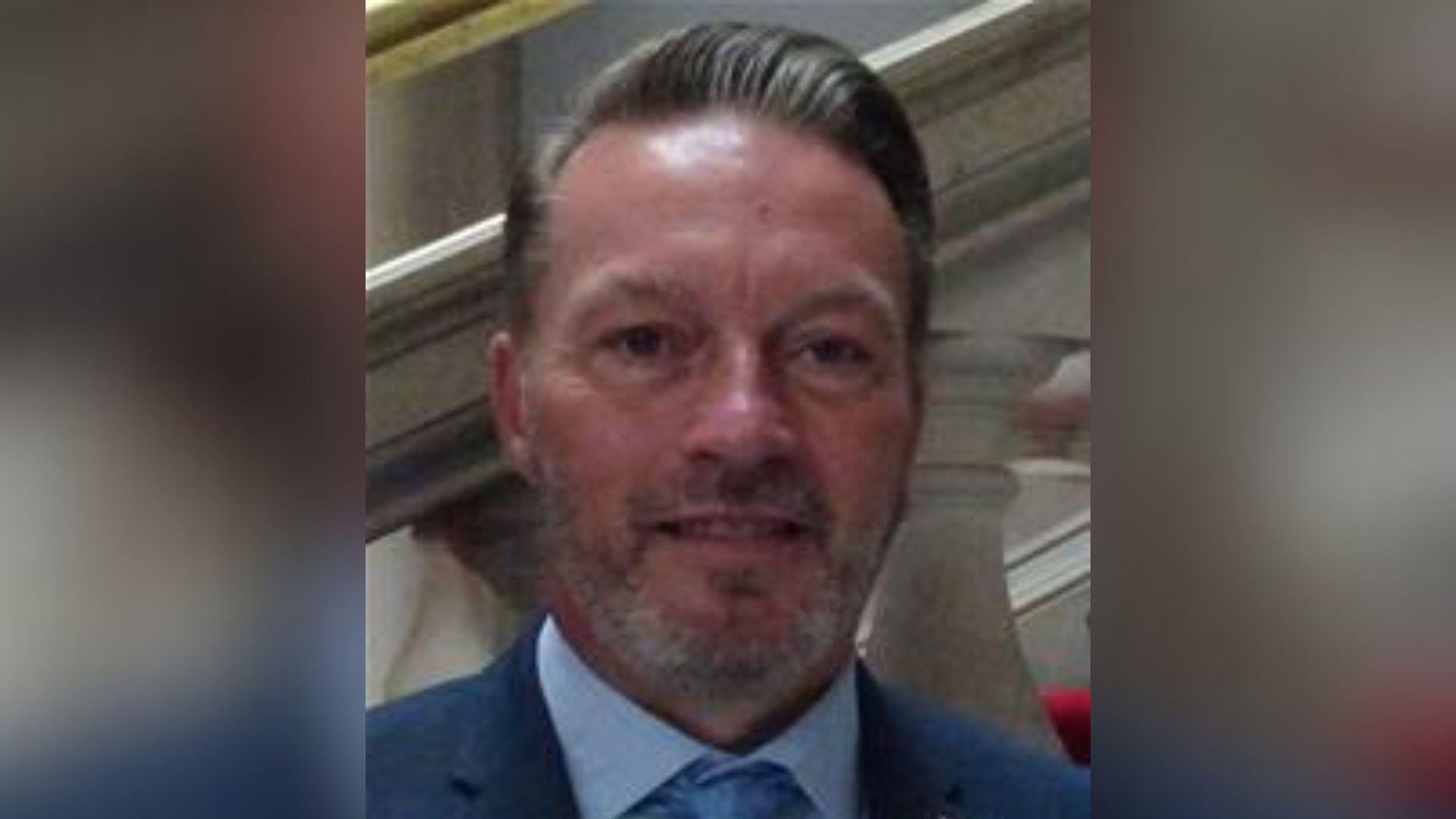
- Published27 June
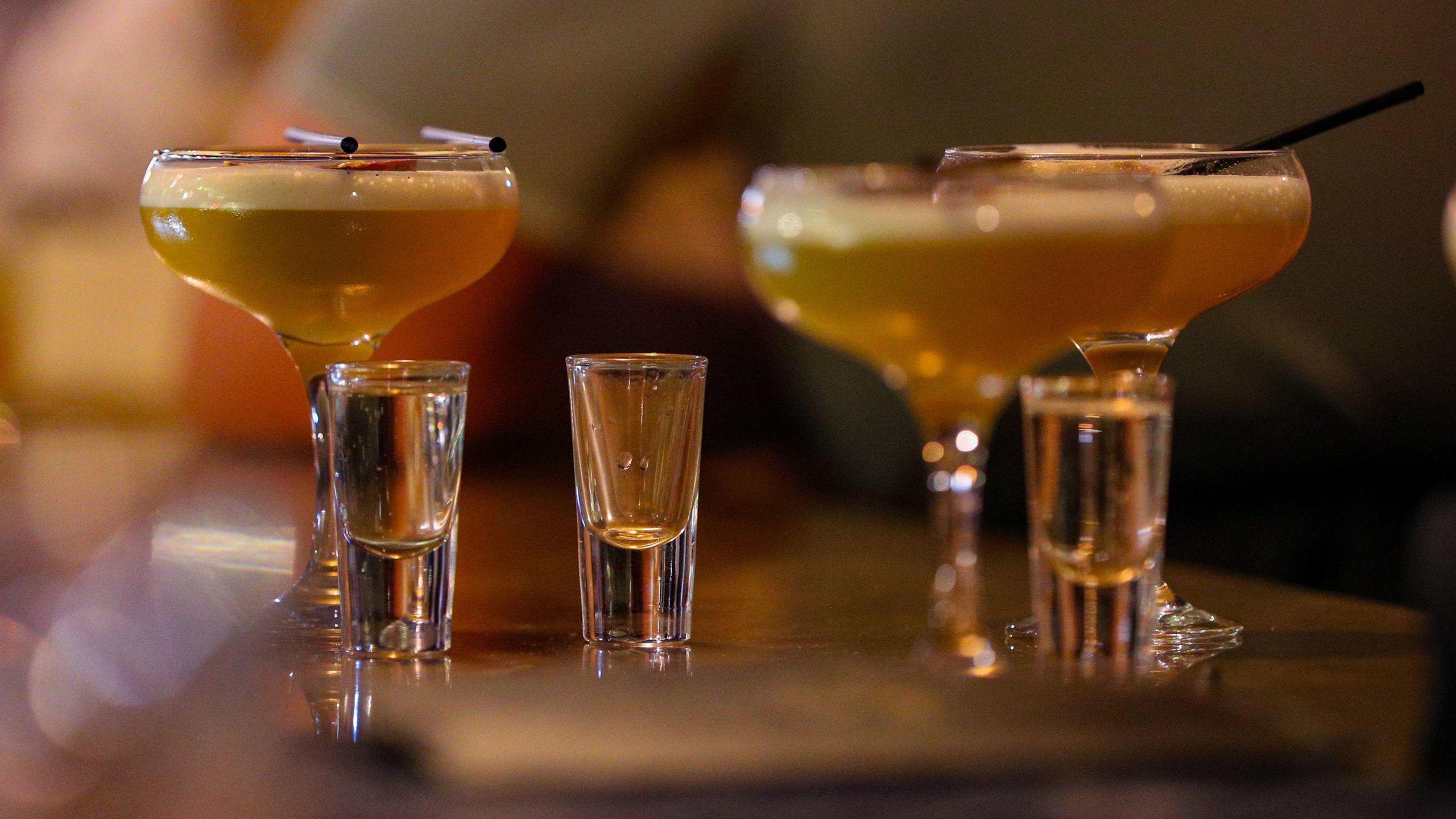
- Published2 April
